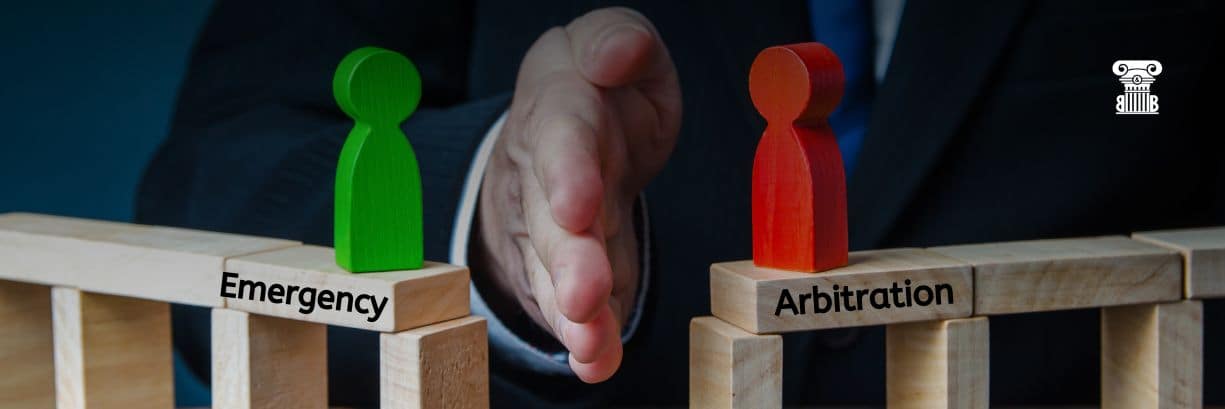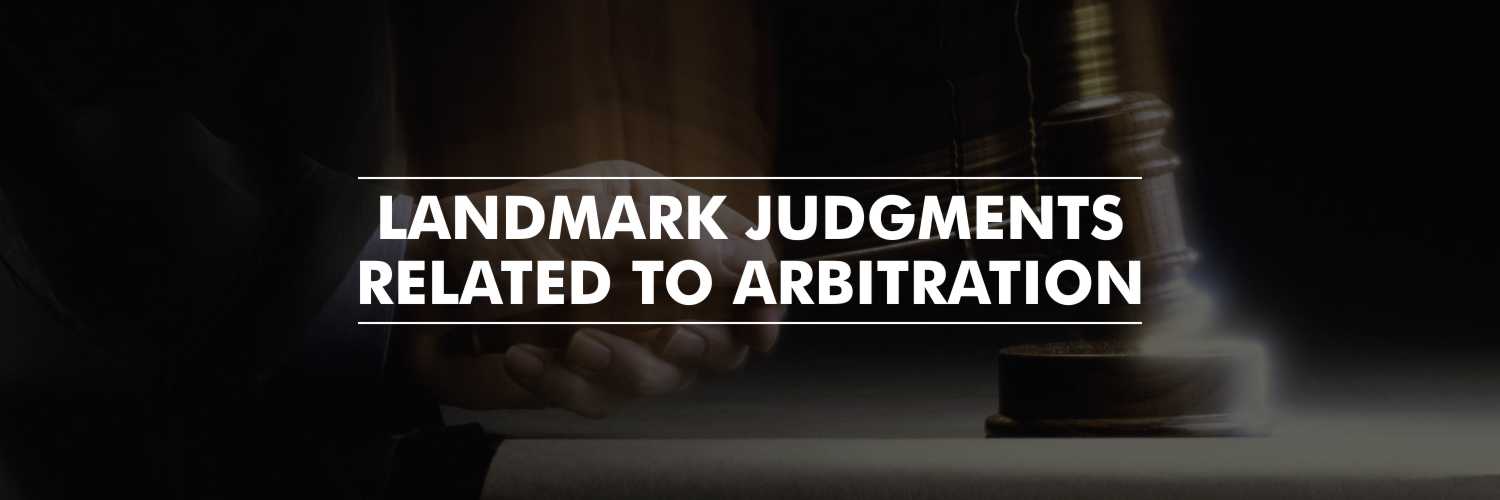With the growing industrialization, the number of commercial disputes is also becoming prevalent simultaneously. So the government has taken few steps and introduced some necessary amendments in the Arbitration and Conciliation Act, 1996. After amending this act in 2015, further the amendment is passed in the year 2019. Arbitration and Conciliation (Amendment) Act, 2019 is introduced in Rajya Sabha on July 15, 2019, by our law and justice minister Mr. Ravi Shankar Prasad and passed on July 18, 2019. Then finally it gets passed in Lok Sabha on 1 August 2019.
Envisioning India as an international arbitration hub, Ravi Shankar Prasad highlighted the importance of the Arbitration and Conciliation (Amendment) Act, 2019. It comes with the advantages of multiple options for the selection of the arbitrator, reducing backlog burden from courts, and most significantly it will contribute to speed up the arbitration process. To improve and fasten the mediation, conciliation, conciliation, and ADR (Alternate Dispute Resolution) mechanisms, the establishment of the Arbitration Council of India (ACI) is being done. The council is bestowed to spread much awareness regarding arbitration through training, frame policies, workshops, guidelines, and updated norms.
Key Highlights of Arbitration and Conciliation (Amendment) Bill, 2019
The bill aims at encouraging and promoting various alternative dispute resolution mechanisms like arbitration, mediation, conciliation, etc to act as the actual remedial measures for all kinds of commercial disputes. Here are some salient features of the Arbitration and Conciliation (Amendment) Act, 2019.
- This bill aims at bolstering the institutional arbitration in India with the provision of a better framework and guidelines for domestic and international arbitration matters.
- Section 1(ca) is introduced to define the arbitral institution as per the designation of the Supreme Court and High Court.
- Another amendment is made to Section 11 which deals with the appointment of arbitrators. According to this arbitration amendment bill, for international arbitration, the arbitral institution is designated by the Supreme court. And while it is the matter of domestic arbitration dispute, the High Court designates the arbitral institution.
- One fulcrum authority in this whole process of dispute redressal is ACI which comes under the introduction of Part IA. Arbitration Council of India is an independent body that plays various roles including grading of arbitral institutions, accreditation of arbitrators, establishment, operation, and maintenance of guidelines and policies formation for ADR matters and managing the national and international awards depository.
- The amendment in Section 23 deals with the claim and defense statements. In order to speed up the arbitral processes, the bill has set the time limit for completion of the statement of claim and defense. From the date arbitrator is appointed, the claim and defense statement needs to be completed within six months.
- The next amendment which is associated with the time limit again is in Section 29A. This one is related to arbitral awards. All domestic arbitration redressal processes are provided with the time limit of 12 months to complete the proceedings for awards. Although the time limit for international arbitration is the same. Yet due to difficulty in international dealings, there can be some relaxation for deciding the arbitral awards.
- The introduction of Section 42A is associated with the confidentiality of information. As per the agreement, the parties and arbitral institutions have to maintain the confidentiality of the whole proceedings. There is the exclusion in case of disclosure of award.
- The Arbitration Council of India is having a chairperson who can either be i) Supreme Court Judge ii) High court judge iii) High Court chief justice iv) an expert arbitrator with rich experience.
Arbitrator’s Qualifications and Experience
For members of the arbitrator’s team, there are some qualifications and experience which is taken into account. It includes
- An advocate with the 10 years of experience and qualifications as per the meaning of the Advocates Act, 1961.
- A chartered accountant with 10 years of experience and qualifications as per the meaning of the Chartered Accountant Act, 1949.
- A company secretary with 10 years of experience and qualifications as per the meaning of Company Secretaries Act, 1980.
- A cost accountant with 10 years of experience and qualifications as per the meaning Cost and Works Accountants Act, 1959.
- An officer from the Indian Legal System.
- One legal professional with 10 years of experience in legal matters dealing with either government, PSU (Public Sector Undertaking), an autonomous body, or has been worked at senior manager level in the private sector.
- An engineering degree-holding officer with 10 years of work experience in PSU, government, autonomous body or private sector working at a senior managerial position.
- An officer with experience in the administrative arena either in central government, the state government, senior managerial position in PSU, government or private company.
- An academician with the educational qualification and 10 years of experience either in the scientific arena, technical job area in telecom, IPR, IT, or other specific streams in government, public sector undertaking, an autonomous body, or work experience as a senior manager in private sector.
This article is written by Ambransh Bhandari. The author can be contacted via email at ambransh@bnblegal.com
For more information and professional consultation regarding arbitration matters, our expert arbitration lawyers in Chandigarh can be contacted from Monday to Friday between 10:00 am to 6:00 pm and between 10:00 am to 2:00 pm on Saturdays.









